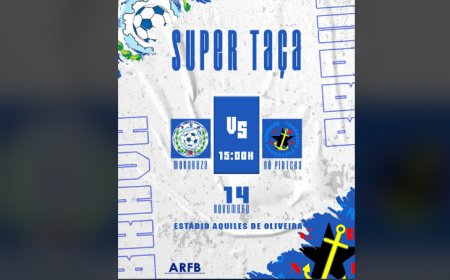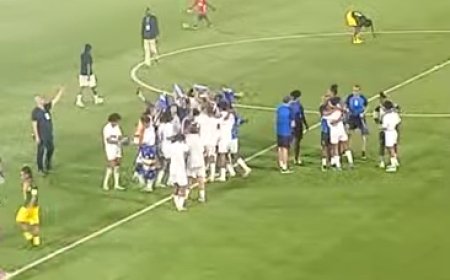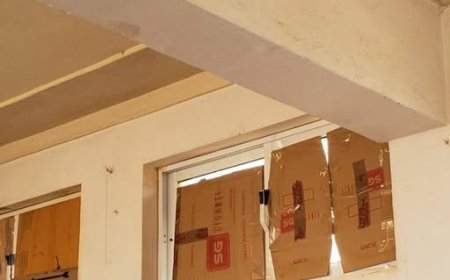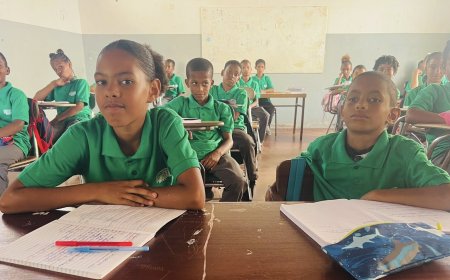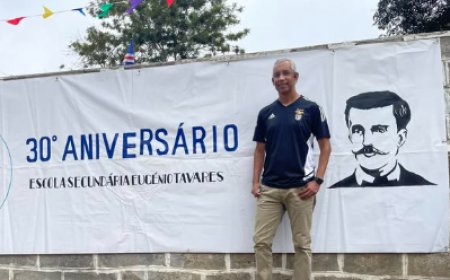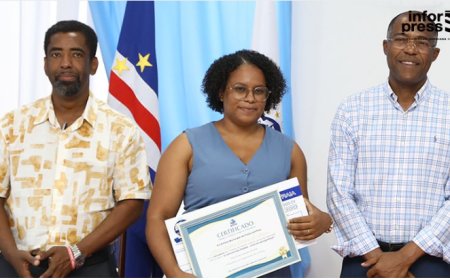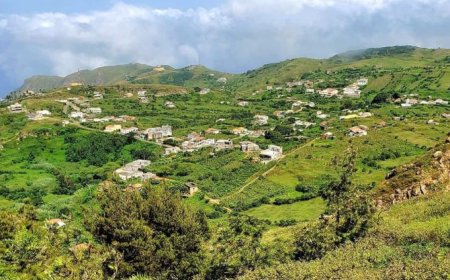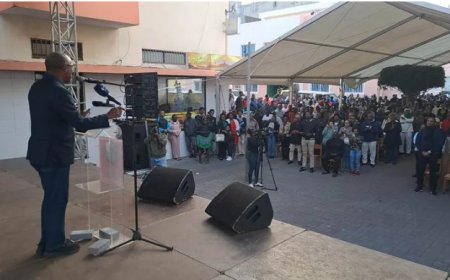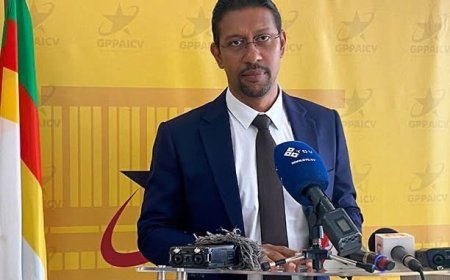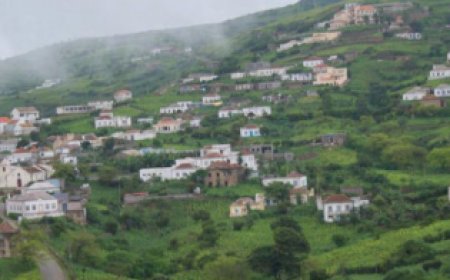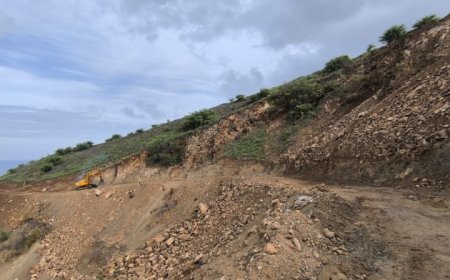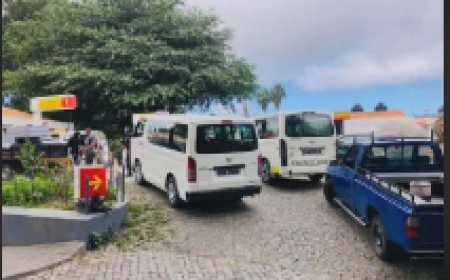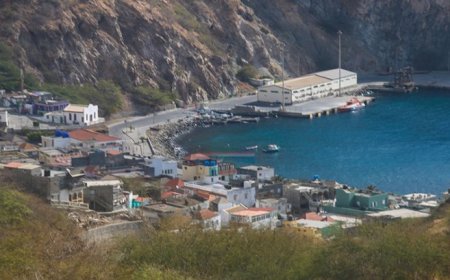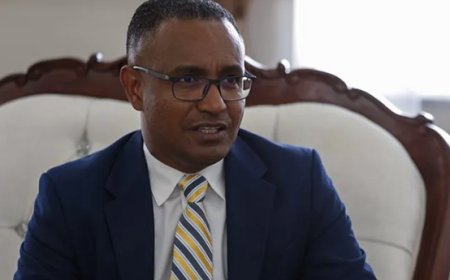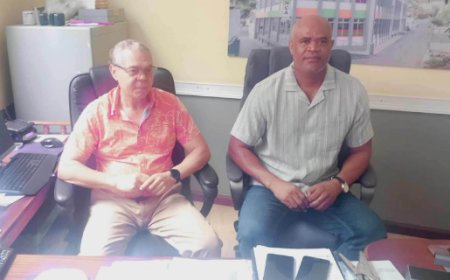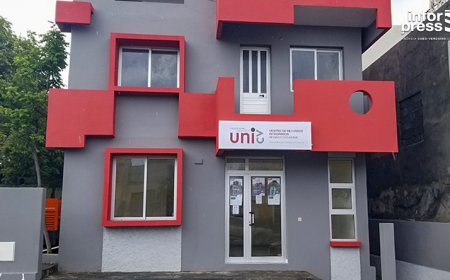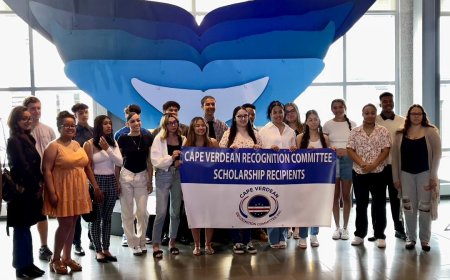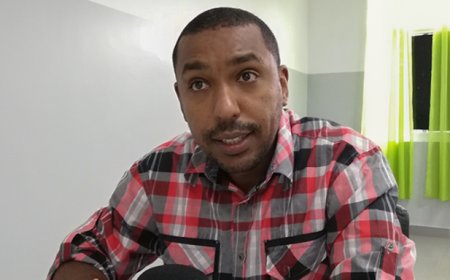The requalification of centennial schools in Cape Verde: A look at the divergence between municipalities, the case of Brava
In Cape Verde, the preservation and enhancement of historical and educational heritage are issues of increasing relevance. Recently, the issue of the requalification of the Ribeira Ilheu school in Mosteiros, Fogo Island, and the neglect, abandonment and negligence of the two schools in Brava have brought to the fore a debate about the responsibilities of municipal councils and compliance with the Statutes of Municipalities. This article examines the situation in Mosteiros and Brava, highlighting the importance of the requalification of historical educational institutions and the legal and social implications involved.
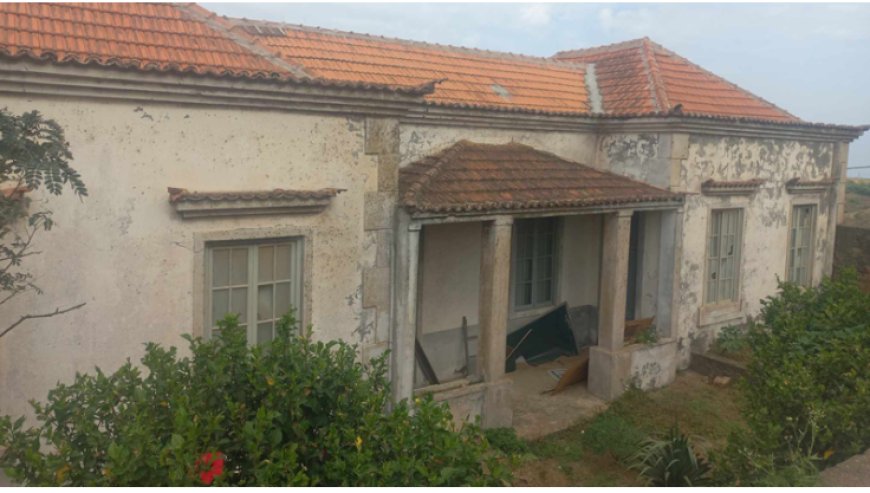
In Cape Verde, the preservation and enhancement of historical and educational heritage are issues of increasing relevance. Recently, the issue of the requalification of the Ribeira Ilheu school in Mosteiros, Fogo Island, and the neglect, abandonment and negligence of the two schools in Brava have brought to the fore a debate about the responsibilities of municipal councils and compliance with the Statutes of Municipalities. This article examines the situation in Mosteiros and Brava, highlighting the importance of the requalification of historical educational institutions and the legal and social implications involved.
The Case of Mosteiros: Requalification of the Ribeira Ilheu School.
In Mosteiros, on the island of Fogo, the local city council has taken the initiative to refurbish the Central School, an institution with over a century of history. The refurbishment not only seeks to preserve the historic building, but also to update its facilities to better serve the contemporary student community. This action reflects a commitment to education and the appreciation of heritage, in line with the policy of revitalizing public spaces that is increasingly needed in Cape Verde.
The Ribeira Ilheu School in Mosteiros is an example of how education and architecture are intertwined in the construction of local identity. The requalification involved modernizing the infrastructure, improving teaching conditions and preserving significant architectural elements. The investment in the school not only improves the quality of education, but also strengthens the sense of belonging and pride among residents.
The Situation on Brava Island: Divergence of Responsibilities
Unlike the case of Mosteiros, the situation on the island of Brava is marked by a lack of responsibility for the refurbishment of centuries-old schools, namely the Escola de Nossa Senhora do Monte and the Escola de Nova Sintra. The Brava Municipal Council claimed that the responsibility for these refurbishments does not fall to its administration, citing an interpretation of its powers that contravenes the Statutes of Municipalities.
According to the Municipal Statutes of Cape Verde, municipal councils are responsible for the maintenance and development of local infrastructure, including pre-school and primary education institutions. However, the Brava Municipal Council argues that the requalification of schools is not its direct responsibility, suggesting that such projects should be managed centrally or by other specific entities.
Implications and Challenges
The divergence between the municipalities of Mosteiros and Brava raises several important questions:
Responsibility and Legislation: The interpretation of the Municipal Statutes is crucial to understanding the extent to which municipal councils should be involved in the requalification of historical heritage sites. The legislation may not be sufficiently clear or there may be differences in the way in which councils interpret their responsibilities.
Heritage Preservation: School preservation is more than just an infrastructure issue; it is an effort to keep the history and culture of local communities alive. A lack of consensus on responsibility can lead to the neglect of these important heritage sites.
Community Impact: The quality of educational facilities has a direct impact on students’ learning experience. A lack of maintenance and modernization can affect the quality of education and community engagement.
Collaboration between Agencies: Resolving these issues may require a collaborative approach between different levels of government and agencies. Partnerships between the City Council, the Ministry of Education, and other organizations may be essential to ensure that requalifications occur effectively.
Conclusion
The redevelopment of centuries-old schools in Cape Verde is a complex issue involving legal responsibilities, heritage preservation and impact on the quality of education. While Mosteiros demonstrates a positive model for redevelopment, the situation in Brava highlights the need for a clear and harmonious interpretation of the Statutes of Municipalities. To ensure the success of preserving and modernizing historic educational institutions, effective collaboration between municipal councils and other stakeholders is essential.
This debate serves as a reminder of the importance of an integrated and conscious approach to heritage management and the promotion of a quality educational environment. Preserving the past must go hand in hand with building a more promising future for the communities of Cape Verde.







